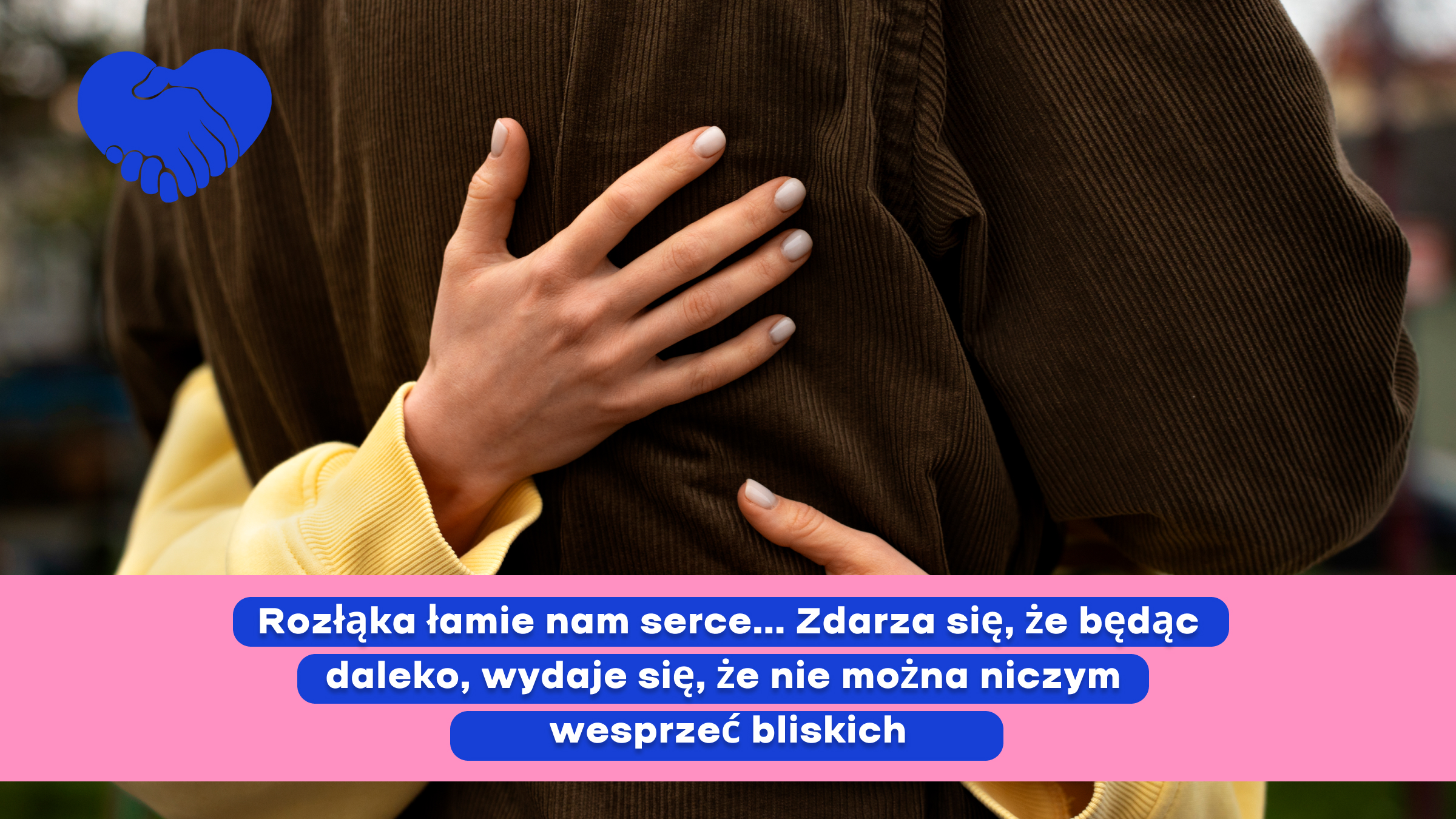My name is Valeria, and I am from Chervonohrad, Lviv region. I’m 19. I arrived in Germany in April. I came because I was pregnant, and it was scary to give birth in Ukraine because I had a positive status and did not know how it would be. Now we live with my child in a German family in a separate room in Berlin.
I chose Germany because I knew that people were treated well here and that there was a group of HIV-positive people here.
We have two youth organizations for HIV-infected people in Ukraine. A friend of mine attends one of them. She came here too. They protect the rights of HIV-positive adolescents. Thus, I knew that it would be possible to register with an infectious disease specialist through them. Through them, I learned about your service and received humanitarian assistance.
In addition, I was helped with the search for an infectious disease specialist. I waited about a month for a doctor’s appointment. I was tested and prescribed other ART drugs as they were running out.
The drugs are not the same as those issued in Ukraine but have the same components. Therefore there was nothing wrong with it. My body reacts OK. Once every three months, I come to get a prescription. You can sign up, but you can not wait and come without a prescription there.
It was still difficult because I didn’t know who to turn to, and another thing was my status. I didn’t know what my life would be like if I didn’t find a doctor.
I was supported by volunteers, administrators of the German Hub, an organization from Ukraine, and friends.
However, from the positive – you do not hear all these fights, you know that a bomb will not fall on you somewhere.
Also, a positive point: there are a lot of different trainings for HIV-positive, as in Ukraine. I was an activist, so here I am too. There are a variety of training, self-support groups, chat, where you can rewrite and share experiences, and the like.
The service should continue to work because people still come who need medical assistance, as well as other consultations just for accommodation, for example, of a humanitarian and social nature.







